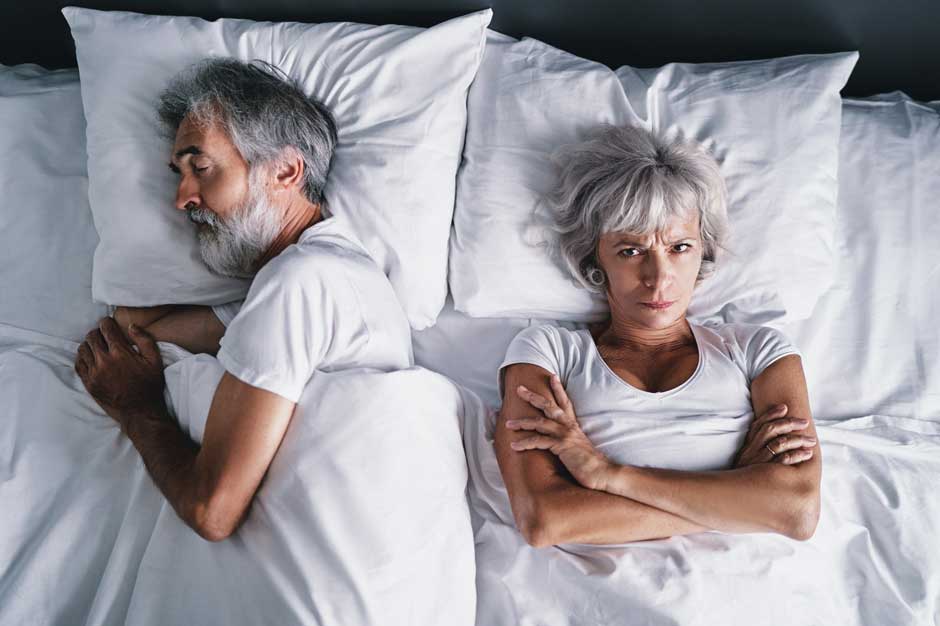Sleeping is a crucial part of our lives, with experts revealing that we spend a third of our lives asleep. Having good sleep is critical to our health regardless of our age, improving our brain’s function and making us feel awake and energised, with poor sleep being the core reason why many of us experience serious health problems as we get older.
Whilst there are some sleep factors we can control, such as the best toddler pillow to help our little ones get to sleep, others we cannot. But having a good understanding of the relationship between sleep and ageing can help you identify what factors in your life you could change for a better overall night’s sleep. With that in mind, we’re taking a closer look at the impact of ageing on sleep below.
New Sleep Patterns
As you get older, your body’s circadian rhythm naturally switches forward in time. This is known as ‘phase advance’, whereby you may experience greater symptoms of tiredness earlier on in the day. As a result you may experience tiredness earlier in the day compared to before as a result of waking up earlier which may be affecting your sleep cycle. Even though phase advance is unavoidable, re-training the timing of your body clock can help you maintain old sleeping habits.
Sleep Architecture
Older individuals may also experience more prominent changes to their sleep architecture. Whilst your sleep architecture refers to how your body reacts to different sleep stages, it affects each person in different ways. SO, whilst young individuals are likely to spend more time in deep sleep stages, older adults commonly experience light sleep that may result in disrupted rest such as waking up more during the night time.
Napping
Around a quarter of adults take naps compared to young individuals. Whilst a short nap may be beneficial, extended napping may be causing further issues with your sleep either making it more difficult to fall asleep at night or resulting in you waking up amid your sleep and thus finding it challenging to fall back to sleep again. If you do need to take a nap, early afternoon is best and they should be between 15 to 30 minutes long to avoid impacting your sleep later that day.
More Impact From Change
Good sleeping habits can become harder to maintain as you get older and shifts in your cycle may start to have more of an impact in your sleep routine than you may think. For example, as you get older, you may find it more difficult to recover from jet lag, even if it’s something you have never struggled with before. The same goes with daylight saving hours, though small, may significantly affect your cycle and make it more difficult to go to sleep and wake up at the same time each day/night.
Do You Need Less Sleep As You Age?
When it comes to answering the question ‘do older people need less sleep?’ the simple answer is yes – older individuals require less sleep compared to young individuals who are still undergoing growth and development. However, there are some factors that may still impact how much sleep you need, such as if you experience chronic pain that may cause further tiredness in the day or if you experience insomnia.

